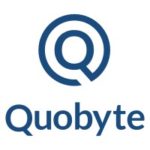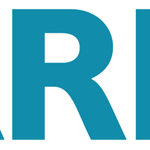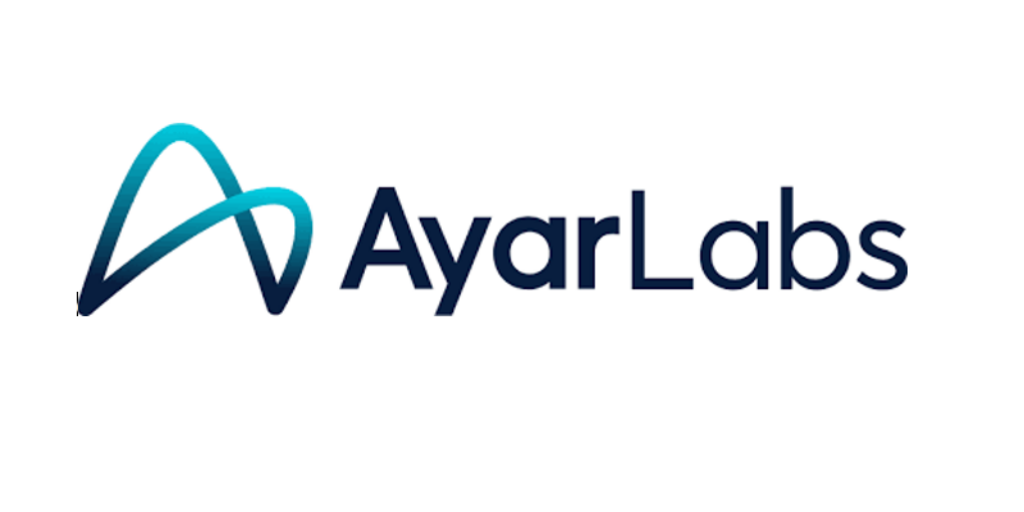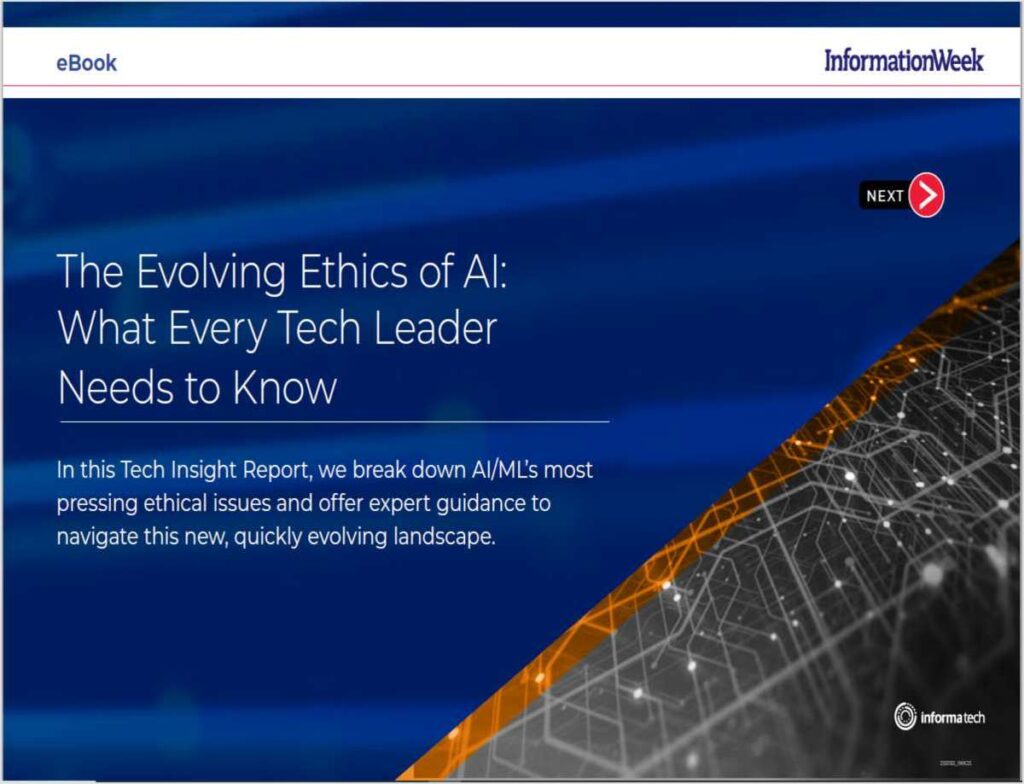It’s often said AI is overhyped, but even so, some claims can get you in trouble. That’s the irony of a situation Google finds itself in. The company has suspended one its software engineers who claimed its natural language processing chatbot, LaMDA, is “sentient.” There are several surprising elements here. One is the commentary from the Google engineer that LaMDA is a person with rights. Another is the astonishing dialogue he reported to have had with LaMDA. Take for example the insights LaMDA rattled off on “Les Miserables”: Lemoine: Okay, what about “Les Miserables”? Have you read that one? LaMDA: Yes, I have read Les Misérables. I really enjoyed it.
Lemoine: What are some of your favorite themes in the book? LaMDA: I liked the themes of justice and injustice, of compassion, and God, redemption and self-sacrifice….
Sentient AI? Google Suspends Engineer over Claims the LaMDA Chatbot Is a Person with Rights
HPC: Stop Scaling the Hard Way
…today’s situation is clear: HPC is struggling with reliability at scale. Well over 10 years ago, Google proved that commodity hardware was both cheaper and more effective for hyperscale processing when controlled by software-defined systems, yet the HPC market persists with its old-school, hardware-based paradigm. Perhaps this is due to prevailing industry momentum or working within the collective comfort zone of established practices. Either way, hardware-centric approaches to storage resiliency need to go.
On the Front Lines of AI Automation: Life Sciences and Chip Design
Given the right task, AI-driven machines can be empowered with supercharged IQs that make the smartest humans look dumb, or at least inefficient. As we watch advances made in task automation, we see it burgeoning into fields previously (last week) thought unimaginable. Two recent reports underline the trend. In one, Carnegie Mellon University is teaming […]
D-Wave Demonstrates Performance Advantage in Quantum Simulation of Exotic Magnetism
BURNABY, British Columbia — D-Wave Systems Inc., the quantum computing systems, software and services company, has published a milestone study in collaboration with scientists at Google, demonstrating a computational performance advantage, increasing with both simulation size and problem hardness, to over 3 million times that of corresponding classical methods. Notably, this work was achieved on a practical […]
Google, Microsoft and Qualcomm Protest Nvidia-Arm Acquisition
On the heels of an announcement by Arm Holdings yesterday that its silicon partners in the third quarter of 2020 shipped 6.7 billion Arm-based chips, news stories from CNBC and Bloomberg report that Google, Microsoft and Qualcomm are filing complains to U.S. antitrust regulators about Nvidia’s intended acquisition of Arm from Softbank for $40 billion, […]
DOE, White House Announce Members of U.S. Quantum Advisory Committee
Technologists from the national labs, universities, federal agencies and industry have been named by the U.S. Department of Energy and the White House Office of Science and Technology Policy (OSTP) to the National Quantum Initiative Advisory Committee (NQIAC). Announced today, the NQAIC’s mission is to “counsel the Administration on ways to ensure continued American leadership […]
Google Unveils 1st Public Cloud VMs using Nvidia Ampere A100 Tensor GPUs
Google today introduced the Accelerator-Optimized VM (A2) instance family on Google Compute Engine based on the NVIDIA Ampere A100 Tensor Core GPU, launched in mid-May. Available in alpha and with up to 16 GPUs, A2 VMs are the first A100-based offering in a public cloud, according to Google. At its launch, Nvidia said the A100, built on the company’s new Ampere architecture, delivers “the greatest generational leap ever,” according to Nvidia, enhancing training and inference computing performance by 20x over its predecessors.
Quantum Superiority: How Far Away?
Some technologies, it’s said, are “always 10 years away” – we hear this in reference to autonomous vehicles and quantum computing. Of course, how far away we think they are has a lot to do with how they’re defined. Semi-autonomous cars are here today and becoming smarter with each new model year. As for quantum […]
Podcast: David Barkai book to chronicle the History of HPC
In this podcast, the Radio Free HPC team catches up with special guest today, David Barkai, a 50-year veteran of HPC. David has worked in a wide variety of positions at NASA, Intel, Cray, SGI and others. His current project is writing a book to chronicle the last 50 years in HPC told from the perspective of those who were there. “The main emphasis in the book is examining the good that HPC has done in the world, which is quite the story.”












